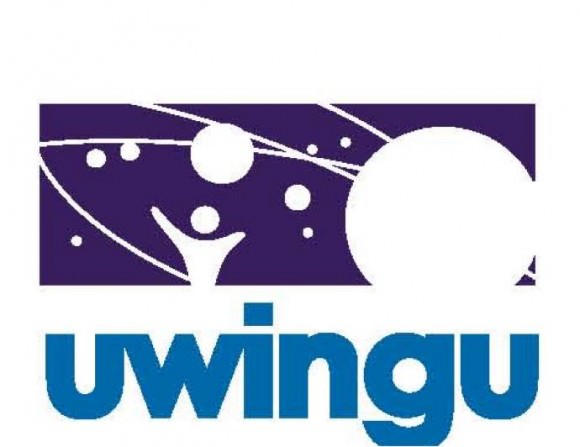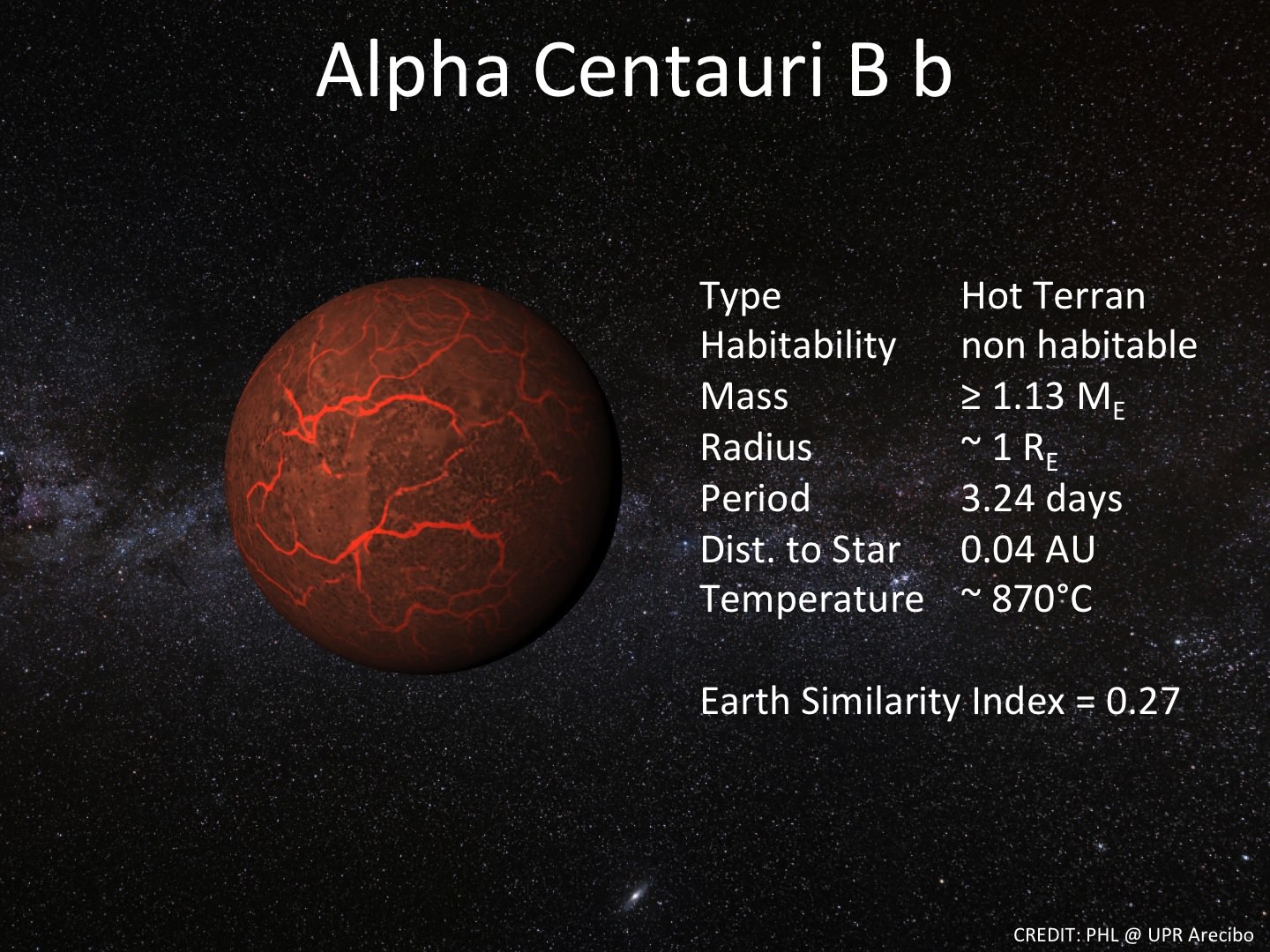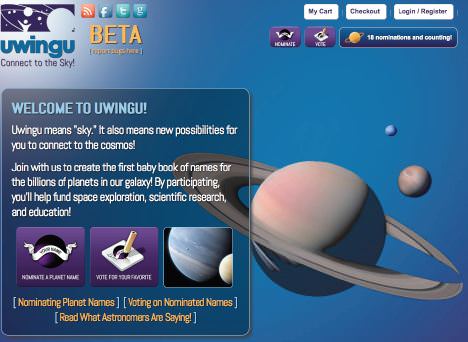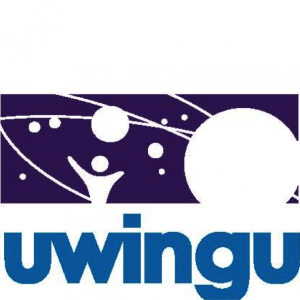It’s time to “get real” about naming exoplanets, says Uwingu CEO and scientist Dr. Alan Stern. And so the latest project from the space funding startup company is a contest to name the nearest exoplanet, currently known as Alpha Centauri Bb.
“Let’s face it,” Stern told Universe Today, “the current names astronomers use for exoplanets are boring. The public is really excited about all the planets that are being found around other stars, but the names do nothing to help fuel that excitement. We’re giving the public the chance to name the closest exoplanet.”
Nominations for new names for Alpha Centauri Bb cost $4.99; votes for nominated names are $0.99. Proceeds from naming and voting will help fuel new Uwingu grants to fund space exploration, research, and education.
The names won’t be officially approved by the International Astronomical Union, but Stern said they will be similar to the names given to features on Mars by the mission science teams (such as Mt. Sharp on Mars –the IAU approved name is Aeolis Mons) that everyone ends up using.
“Or it’s like Pike’s Peak,” said Stern of the mountain in the Rocky Mountains in Colorado. “People started calling it that long ago and over time, it became the only name people recognized. This should be the wave of the future for planets and there’s no reason for the public not to get involved.”
So far, the IAU’s stance on naming exoplanets is that there is seemingly going to be so many of them, (we’re nearing the 1,000 mark) that it will be difficult to name them all.
In fact here is their official statement on their website:
In response to frequent questions about plans to assign actual names to extra-solar planets, the IAU sees no need and has no plan to assign names to these objects at the present stage of our knowledge. Indeed, if planets are found to occur very frequently in the Universe, a system of individual names for planets might well rapidly be found equally impracticable as it is for stars, as planet discoveries progress.
“The IAU has had ten years to do something about this and they haven’t done anything,” said Stern. “What we’re doing might be controversial, but that’s OK. It’s time to step up to the plate and do something.”
Previously Uwingu has offered the chance to create a “baby book” of names that can be used for exoplanets. For this contest, they are naming a specific planet, and the name getting the highest number of votes will be declared the public’s name for this mysterious new world. “Never before has the public been asked to choose its favorite name for a planet,” says Uwingu.
Anyone can nominate one or more names; anyone can vote. The namer of the most popular new name for alpha Cen Bb will receive prizes from Uwingu; there will also be prizes for runner-ups, and for all names that reach thresholds of 100, 1,000, and 10,000 votes.

There are those who have been critical of Uwingu, but our stance is that Uwingu is so far the only group or organization to step forward with innovative, out-of-the-box ways to try and solve what seems to be a continuous, perennial problem: how to fund creative space and astronomy projects and move beyond the old tried and not always true methods of relying on government grants and subsidies or angel donors.
Former president of the IAU Planetary Systems Science body, Karen Meech told Universe Today last year that since the IAU is the only scientifically recognized arbiter of astronomical names, any contests for names from the public will not be officially recognized by the scientific community.
But, it’s obvious people love to name things and people are eventually going to start referring to endearing exoplanets with “real” names instead of the license-plate like names currently used.
“Who knows,” said Stern. “There could be a real Pandora or Tatooine out there.”
Check out the contest at Uwingu




